Projects aims to prevent natural disasters
Natural disaster expected to occur in coming decades around costal hubs
The Cascadia Coastlines and Peoples Hazards Research Hub is a project funded by the National Science Foundation to address issues like the Cascadia earthquake and climate-induced threats like rising sea levels.
October 21, 2021
WSU is partnering with researchers from Oregon State University and University of Washington to help coastal communities in the Pacific Northwest become more resilient to potential threats they face.
Coastal communities face threats such as earthquakes, tsunamis, rising sea levels, flooding and erosion, said Peter Ruggiero, lead principal investigator for the project and OSU professor for the College of Earth, Ocean, and Atmospheric Sciences. Climate change affects some of those possible threats.
The most catastrophic threat would be an earthquake along the Cascadia subduction zone, which extends across the coasts of Washington, Oregon and the tip of California, and the tsunami that could transpire from that earthquake, Ruggerio said.
“It’s a threat that hasn’t occurred in approximately 321 years,” he said. “The probability on any given day is still relatively small, but within the next couple of decades, the probabilities of that occurring are becoming more jaw-droppingly high.”
The Cascadia Coastlines and Peoples Hazards Research Hub is a project funded by the National Science Foundation to address issues like the Cascadia earthquake and climate-induced threats like rising sea levels.
“The idea was, [the National Science Foundation] wanted to fund what they referred to as ‘coastal hubs’ to do this kind of work,” Ruggiero said.
The project aims to help communities mitigate and adapt to potential hazards where prevention is impossible, said Amanda Murphy, senior facilitator for projects and programs at WSU’s William D. Ruckelshaus Center, which is one of the project’s partners.
Understanding the possible scenarios that coastal communities in the region face following certain disasters is key to understanding what could be done to help those communities, Murphy said.
The idea is to connect science and researchers with community members in order to look at opportunities for mitigation and adaptation to create community resilience, she said.
The project has only been official for two months, but the team behind it is looking at a variety of adaptation options. Ruggerio said there is not a “one-size-fits-all” solution for every coastal community, but rather it will depend on factors like local geography and what each community needs.
“One of the major aspects of this project is going to be looking at the efficacy of what is sometimes referred to as natural or ‘nature-based solutions,’” he said.
One example is a dynamic coastal revetment, which is known as a structure that uses cobble material to dissipate wave energy. It is meant to mimic a natural cobble beach. These types of solutions are thought to have less of a negative impact on surrounding ecosystems, he said.
Solutions aside, Ruggerio said the types of research that will be occurring for the project are diverse. One type is social science research, where people will be interviewed for their concerns and preferences regarding the coastline. Researchers also plan on using geophysical modeling where different hazards and potential solutions can be mapped out.
The Ruckelshaus Center, a collaborative entity formed by WSU and UW focuses their work on public policy and government from an impartial standpoint, Murphy said.
“We do a lot of multi-party dispute resolution as well as do a lot of community engagement and convening,” she said.
The efforts of the center are meant to bring people who have a stake in the issue or outcome together. Murphy said one of the goals of her team is to facilitate conversations between scientists and community members, so everyone can support each other in creating resilience to the potential coastal threats.
The multi-university effort aims to reduce the loss of life and community damage caused by coastal hazards through better community planning, engineering solutions and collaborative policymaking.

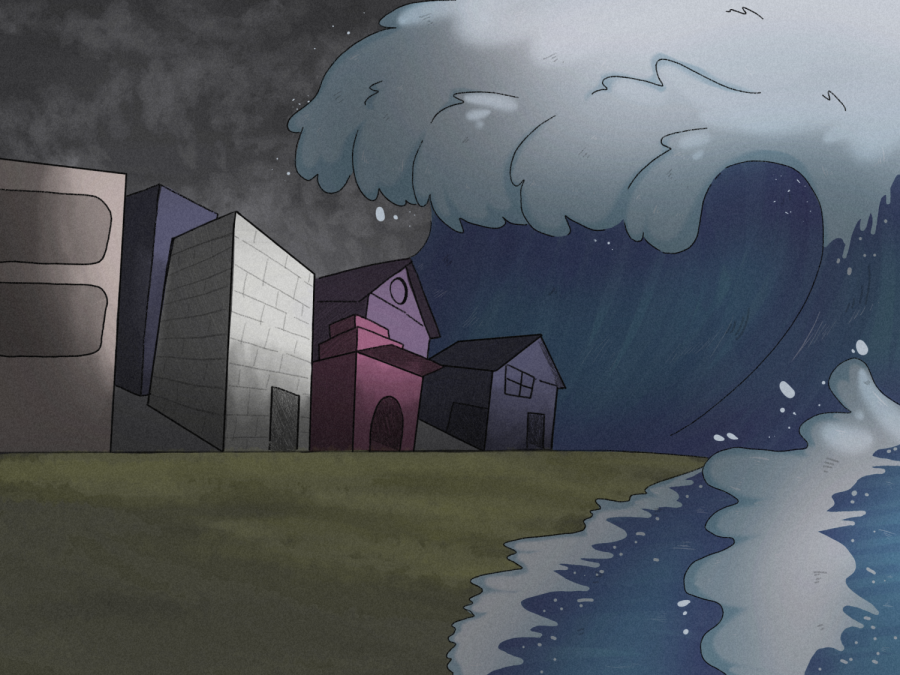





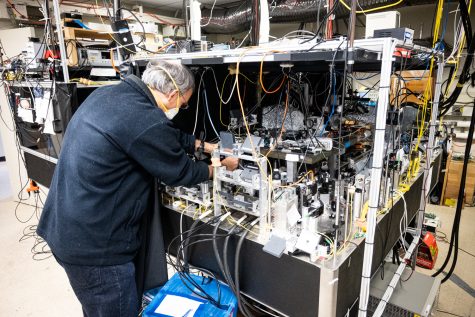

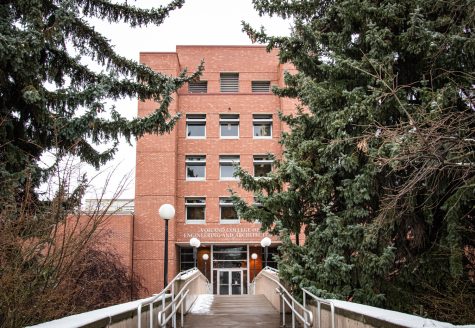
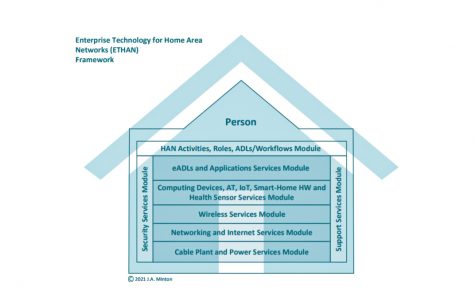
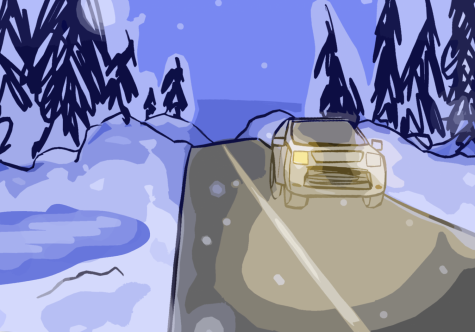


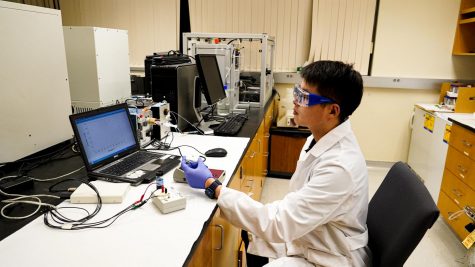
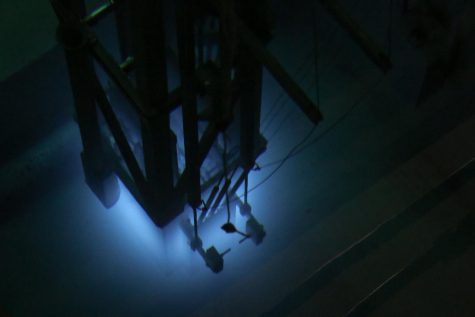


Crum • Oct 21, 2021 at 8:46 am
The headline is misleading. The project is not preventing natural disasters, it’s responding to them.